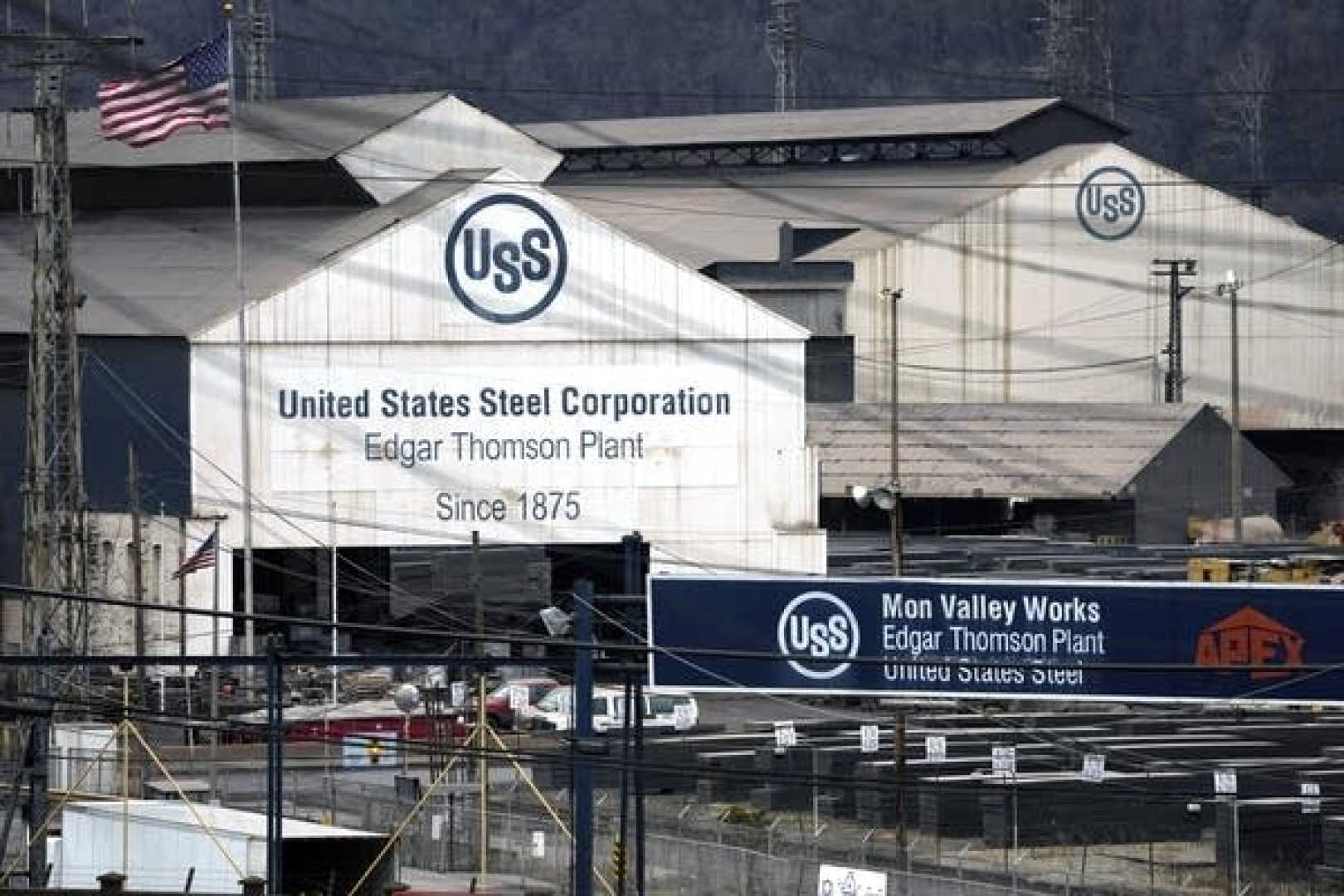Business
U.S. Rejects Nippon Steel’s $15 Billion Bid for U.S. Steel, Sparking Tensions

U.S. President Joe Biden has rejected a $15 billion bid by Japan‘s Nippon Steel to acquire U.S. Steel, citing national security concerns. The decision, announced on Friday, has sparked tensions between the U.S. and Japan, its closest ally in Asia, and drawn criticism from both companies, which have vowed to challenge the ruling in court.
The proposed acquisition, first announced in December 2023, aimed to combine two of the world’s largest steelmakers. However, Biden’s administration blocked the deal after a key business-review panel failed to reach a consensus on whether the acquisition posed risks to U.S. national security. U.S. Steel CEO David Burritt expressed disappointment, arguing that the deal would strengthen national security, economic security, and job security. “Nippon is going to pay for it,” Burritt said, echoing former President Donald Trump‘s rhetoric about Mexico funding a border wall.
Japanese officials and business leaders have criticized the decision, calling it “very regrettable” and warning that it could harm future Japanese investment in the U.S. Japanese Prime Minister Shigeru Ishiba emphasized the need for a clear explanation, stating, “No matter how much we are an ally, I believe that the points I have just made are extremely important for our future relations.”
Secretary of State Anthony Blinken, during a visit to Tokyo, sought to reassure Japan of the strength of the U.S.-Japan alliance. He noted that Japan and the U.S. are mutually the largest investors in each other’s economies, a relationship that has grown stronger over the past four years. However, the rejection of the deal has raised concerns about a shift in U.S. trade policy, with some critics comparing the treatment of Japan to that of China, a potential adversary.
Nippon Steel Chairman and CEO Eiji Hashimoto reiterated the company’s commitment to the deal, calling it “extremely beneficial for both Japan and the United States.” Both companies have emphasized that no previous U.S. president has blocked an acquisition by a Japanese company, one of America’s closest allies.
The decision comes amid broader trade tensions between the U.S. and Japan, including Trump’s 2018 tariffs on Japanese steel imports and Biden’s continuation of similar policies. The rejection of the Nippon Steel deal has also drawn mixed reactions domestically, with 20 mayors and community leaders in Pennsylvania and Indiana urging Biden to approve the deal, while the United Steelworkers union praised the decision as a win for national security and American workers.
As the legal battle unfolds, the fallout from the decision could have long-term implications for U.S.-Japan economic relations and the global steel industry.












